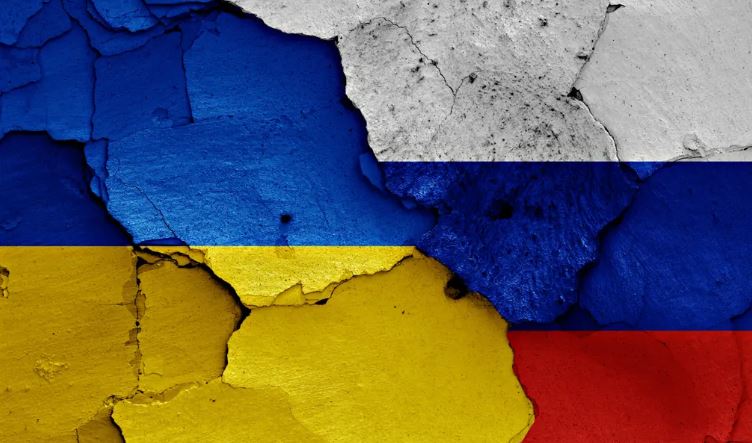The Russian invasion of Ukraine – The global implications and the response

From Current Affairs Notes for UPSC » Editorials & In-depths » This topic
IAS EXPRESS Vs UPSC Prelims 2024: 85+ questions reflected
Context: For the people of Ukraine, the Russian invasion is a waking nightmare and a humanitarian disaster on a terrifying scale. But the war is also fast becoming a matter of life and death for vulnerable people around the world.

What are the implications of the war on the developing world?
- Beyond Ukraine’s borders, the war has launched a silent assault on the developing world.
- This crisis could throw up to 1.7 billion people — over one-fifth of humanity — into poverty, destitution and hunger on a scale not seen in decades.
- Many developing countries are still struggling to recover from the effects of the Covid-19 pandemic, coupled with historic debt burdens and soaring inflation.
- Since the start of 2022, wheat and maize prices have increased by 30 per cent. Brent oil prices have risen more than 60 per cent over the last year, while natural gas and fertiliser prices have more than doubled.
Food:
- Ukraine and the Russian Federation provide 30 per cent of the world’s wheat and barley, one-fifth of its maize, and over half of its sunflower oil.
- Together, their grain feeds the poorest and most vulnerable people, providing more than one-third of the wheat imported by 45 African and least-developed countries.
- The war is preventing farmers from tending their crops while closing ports, ending grain exports, disrupting supply chains and sending prices skyrocketing.
- The World Food Programme has warned that it faces the impossible choice of taking from the hungry to feed the starving.
- It urgently needs $8 billion to support its operations in Yemen, Chad and Niger.
Oil and natural gas:
- At the same time, Russia is the world’s top natural gas exporter, and second-largest oil exporter.
While much of the world has stepped up in solidarity with the people of Ukraine, there is no sign of the same support for the 1.7 billion other potential victims of this war.
The Global Crisis Response Group on Food, Energy and Finance
- It was launched last month by the UN.
- It aims to develop coordinated solutions to these interlinked crises, with governments, international financial institutions and other key partners.
The response on food:
- The group is urging all countries to keep markets open, resist hoarding and unjustified and unnecessary export restrictions, and make reserves available to countries at the highest risk of hunger and famine.
The response on energy:
- It is of the opinion that the use of strategic stockpiles and additional reserves could help to ease this energy crisis in the short term.
- But the only medium- and long-term solution is to accelerate the deployment of renewable energy.
The response on the finance:
- It commented that the G20 and international financial institutions must go into emergency mode.
- They must find ways to increase liquidity and fiscal space, so that governments in developing countries can invest in the poorest and most vulnerable, and in the Sustainable Development Goals.
- This should be the first step towards deep reforms to our unfair global financial system, which makes the rich richer and the poor poorer.
The response on the social protection:
- It is of the opinion that social protection, including cash transfers, will be essential to support desperate families through this crisis.
- But many developing countries with large external debts do not have the liquidity to provide these safety nets.
Way forward
- The only lasting solution to the war in Ukraine and its assault on the poorest and most vulnerable people in the world is peace.
Practice Question for Mains
- The Russia-Ukraine war has created a food and energy supply crisis in the developing world, threatening to plunge 1.7 billion people into poverty, destitution and hunger on a scale not seen in decades. Discuss. (250 Words, 15 Marks)
If you like this post, please share your feedback in the comments section below so that we will upload more posts like this.

